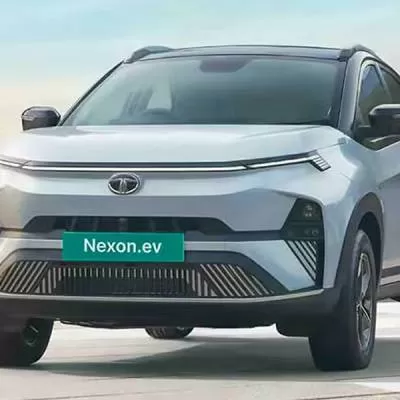
Mumbai, June 3 -- Several global automotive giants, including Mercedes Benz, Skoda-Volkswagen, Hyundai, and Kia, have expressed strong interest in manufacturing electric vehicles (EVs) in India under the Government's recently detailed incentive scheme. Union Minister for Heavy Industries H. D. Kumaraswamy made the announcement on Monday during a press briefing.
This renewed enthusiasm follows the formal issuance of guidelines for the "Scheme to Promote Manufacturing of Electric Passenger Cars in India," first announced in March 2024. The application window for the scheme is set to open shortly, enabling eligible manufacturers to submit formal investment proposals.
Under the scheme, approved manufacturers will be permitted to import completely built units (CBUs) of electric four-wheelers with a minimum CIF (cost, insurance, and freight) value of USD 35,000 at a reduced customs duty of 15 per cent for a period of five years. Each approved applicant must commit to a minimum investment of Rs41.5 billion, with the total import duty benefit capped at the lower of Rs64.84 billion or the applicant's total investment.
Import quotas under the scheme will allow a maximum of 8,000 vehicles per year at the reduced duty rate, with provisions for carrying forward unused annual quotas.
While global manufacturers are keen to invest in setting up EV production lines in India, Tesla has declined to participate. According to Minister Kumaraswamy, the Elon Musk-led company has shown interest only in opening showrooms rather than manufacturing facilities in the country. "Tesla was involved in the initial stakeholder discussions but did not attend subsequent meetings," the minister stated.
Tesla's approach aligns with its earlier caution, as the company has raised concerns over import tariffs. Elon Musk had also postponed a planned visit to India in April 2024, citing scheduling conflicts. In contrast, his father, Errol Musk, arrived in India on 1 June for a personal and business visit, which included a stop at the Ayodhya Ram temple.
The Indian government hopes the scheme will position the country as a leading EV manufacturing destination, attract major foreign investment, and boost domestic employment while advancing the goals of the "Make in India" and green mobility initiatives.
Published by HT Digital Content Services with permission from Construction World.
